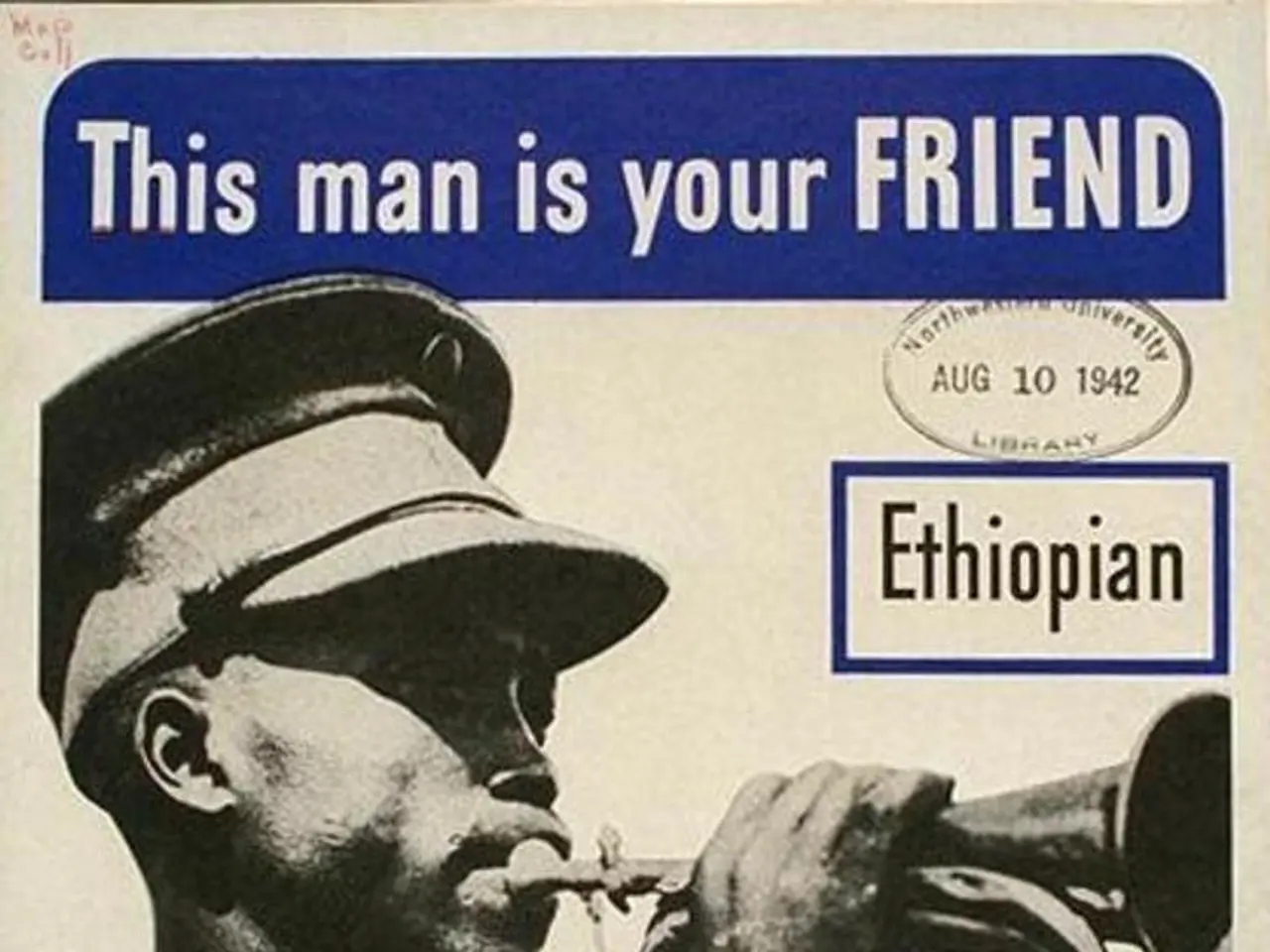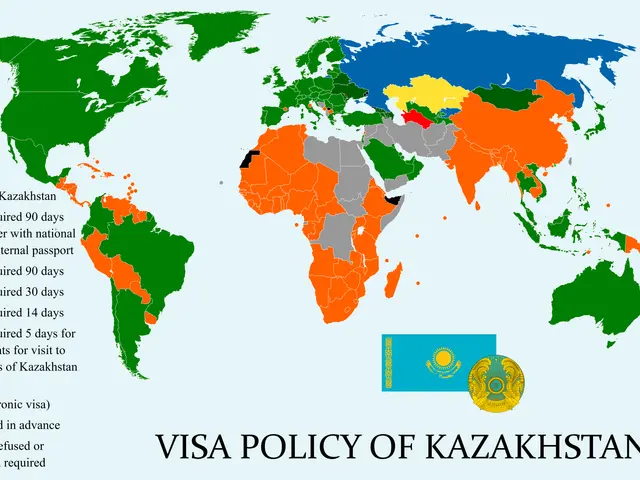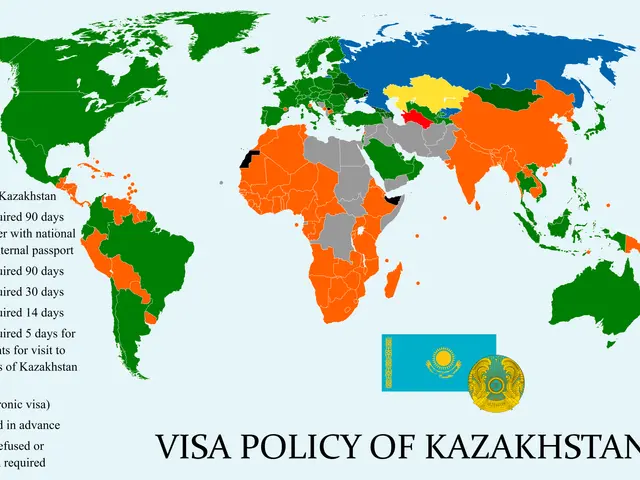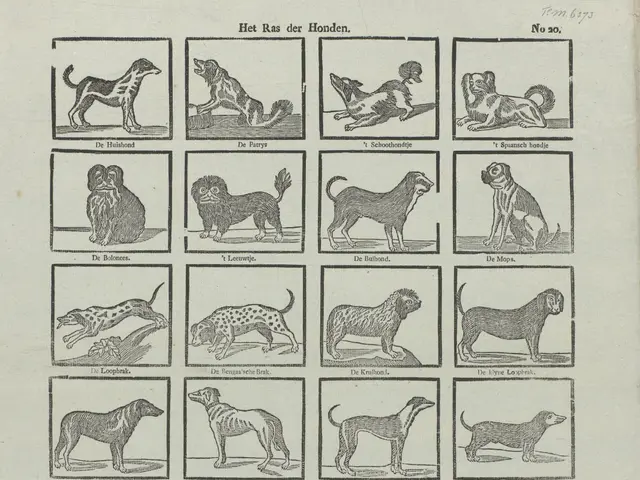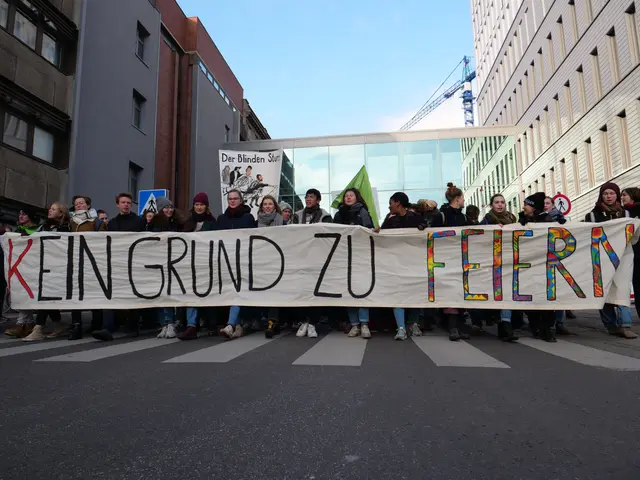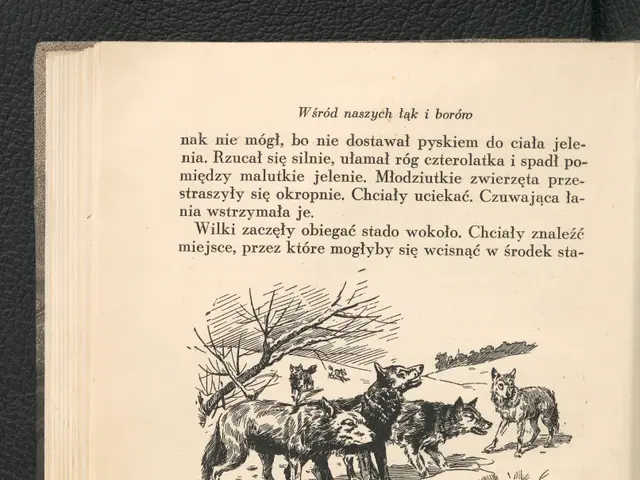Experiencing the Double Atomic Blast Survivor: Tsutomu Yamaguchi
Tsutomu Yamaguchi, a man from Nagasaki, holds a unique place in history as the only person officially recognized as a double hibakusha - a survivor of both the atomic bombings of Hiroshima and Nagasaki in August 1945.
On August 6, 1945, Yamaguchi was in Hiroshima for business with Mitsubishi Heavy Industries. About 3 km from the bomb’s hypocenter, he was blown over by the explosion of a 13-kiloton bomb nicknamed "Little Boy." He sustained severe burns, ruptured eardrums, and temporary blindness but managed to survive by diving into a ditch and shielding himself.
Remarkably, despite his injuries, Yamaguchi returned to his hometown, Nagasaki, by the next day. On August 9, while at work about 3 km from the Nagasaki bomb’s hypocenter, he experienced the second atomic bombing ("Fat Man"). He survived again, suffering radiation sickness but fewer physical injuries than in Hiroshima.
Initially recognized as a hibakusha for Nagasaki in 1957, it was only in 2009 that the Japanese government officially acknowledged Yamaguchi as a survivor of both bombs.
In the years following the bombings, Yamaguchi lived in a bomb shelter near the ruins of his home in Nagasaki for a week. His wife and infant son also survived the Nagasaki bombing, but both eventually died of cancer, a common illness among survivors of the atomic bombings. His daughter, Toshiko, recalled that after the war, he was fine and thought participating in anti-bomb activities would have been unfair to people who were really sick.
As he grew older, Yamaguchi began to speak out against the use of nuclear weapons. He penned a memoir, wrote to President Obama on the subject, and appeared in a documentary on double bombing hibakusha that was screened at the United Nations in 2006. His memoir serves as a testament to the horrifying history of the atomic bombings even after his death in 2010 at age 93 due to stomach cancer, which was linked to his radiation exposure.
Yamaguchi's story is a rare human testament to survival amid the two devastating atomic bombings that changed history and highlights the immense suffering caused by nuclear weapons.
